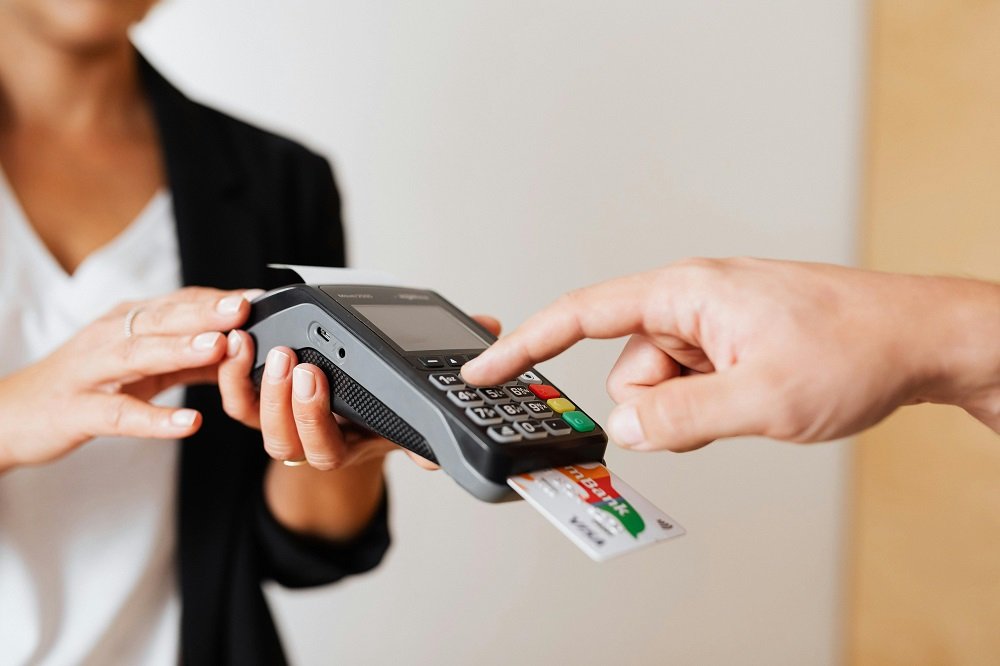In the evolving healthcare landscape, the introduction of cashless health cards represents a transformative shift in how individuals manage and pay for their medical expenses. This article delves into how a cashless health card can revolutionize your healthcare experience, offering insights into its benefits, functionality, and impact on patients and providers.
Understanding Cashless Health Cards
What is a Cashless Health Card?
A cashless health card is a financial instrument designed to simplify the payment process for medical services. Unlike traditional payment methods that require out-of-pocket expenses and subsequent reimbursement claims, a cashless health card allows for direct, electronic payments to healthcare providers. This system typically operates through a network of affiliated hospitals, clinics, and medical service providers.
How Cashless Health Cards Work
When you present a cashless health card at a participating healthcare facility, the card’s information is used to verify coverage and process payments directly. The card is linked to your health insurance plan or medical benefits account, allowing seamless transactions without immediate cash or credit card payments. This speeds up the payment process and reduces the administrative burden on patients and healthcare providers.
Critical Benefits of Cashless Health Cards
- Streamlined Payment Process
Efficiency in Transactions
One of the most significant advantages of cashless health cards is the streamlined payment process. Traditional methods often involve complex procedures for billing and reimbursement, which can be time-consuming and frustrating. Cashless health cards eliminate these steps by allowing for direct, instant payments. This efficiency improves the overall patient experience and helps healthcare providers manage their billing processes more effectively.
- Enhanced Financial Management
Predictable Healthcare Costs
Cashless health cards provide greater predictability in managing healthcare costs. By using a card linked to a specific health insurance plan or medical benefits account, patients can better understand their out-of-pocket expenses. This predictability helps budget medical expenses and reduces the financial uncertainty accompanying healthcare services.
- Simplified Claims Process
Reduction in Paperwork
The traditional claims process can be cumbersome, requiring extensive paperwork and documentation. A cashless health card significantly reduces the need for manual claims submissions. The card’s electronic processing system handles claims automatically, minimizing paperwork and administrative overhead. This simplification not only benefits patients but also streamlines healthcare providers’ operations.
- Immediate Coverage Verification
Real-Time Information
Cashless health cards offer real-time verification of coverage and benefits. When a card is presented, healthcare providers can instantly access information about the patient’s coverage limits, co-payments, and other relevant details. This immediate verification reduces the risk of billing errors and ensures that patients receive accurate information about their financial responsibilities.
- Improved Access to Healthcare Services
Wider Network of Providers
Cashless health cards are typically linked to a broad network of healthcare providers, making it easier for patients to access a wide range of medical services. This extensive network ensures that individuals receive care from reputable and affiliated facilities without worrying about payment issues or reimbursement delays.
Impact on Healthcare Providers
- Reduced Administrative Burden
Efficient Billing and Claims Processing
Cashless health cards streamline the billing and claim processing functions for healthcare providers. With automatic payments and reduced paperwork, providers can allocate more resources to patient care rather than administrative tasks. This efficiency enhances overall operational effectiveness and reduces patient payment costs.
- Enhanced Patient Satisfaction
Faster Service Delivery
The use of cashless health cards contributes to faster service delivery, which in turn boosts patient satisfaction. Patients appreciate the convenience and efficiency of direct payments, improving their overall healthcare experience. Satisfied patients are more likely to return to the same provider and recommend their services to others.
- Accurate Financial Tracking
Better Revenue Management
Cashless health cards provide healthcare providers with accurate and timely financial data. This data helps better track revenue and manage financial performance. Providers can improve their economic stability and focus on delivering high-quality care by reducing the risk of billing errors and ensuring timely payments.
Future Trends and Developments
- Integration with Digital Health Platforms
Enhanced Functionality
The future of cashless health cards includes integration with digital health platforms and mobile applications. This integration will allow for even more seamless management of healthcare expenses, including real-time tracking of benefits, payments, and medical records. Such advancements will further enhance the convenience and efficiency of cashless health cards.
- Expansion of Coverage Networks
Broader Access
As the adoption of cashless health cards grows, a trend toward expanding coverage networks exists. This expansion will enable more healthcare providers to participate in the cashless system, giving patients greater access to diverse medical services. A broader network will also enhance the overall effectiveness of cashless health cards in managing healthcare costs.
- Advancements in Security
Protecting Sensitive Information
With the increasing reliance on electronic transactions, advancements in security measures for cashless health cards are essential. Future developments will focus on enhancing card information security and protecting against data breaches. Ensuring the security of sensitive medical and financial information will be a top priority to maintain trust and integrity in the cashless payment system.
Conclusion
The introduction of cashless health cards significantly advances how healthcare services are paid for and managed. By offering a streamlined payment process, enhanced financial management, and improved access to healthcare services, cashless health cards revolutionize the healthcare experience for both patients and providers. As technology continues to evolve, these cards are poised to play an even more integral role in the future of healthcare, driving greater efficiency and satisfaction across the industry. Embracing this innovation can lead to a more efficient, transparent, and patient-centric healthcare system, benefiting all stakeholders.

